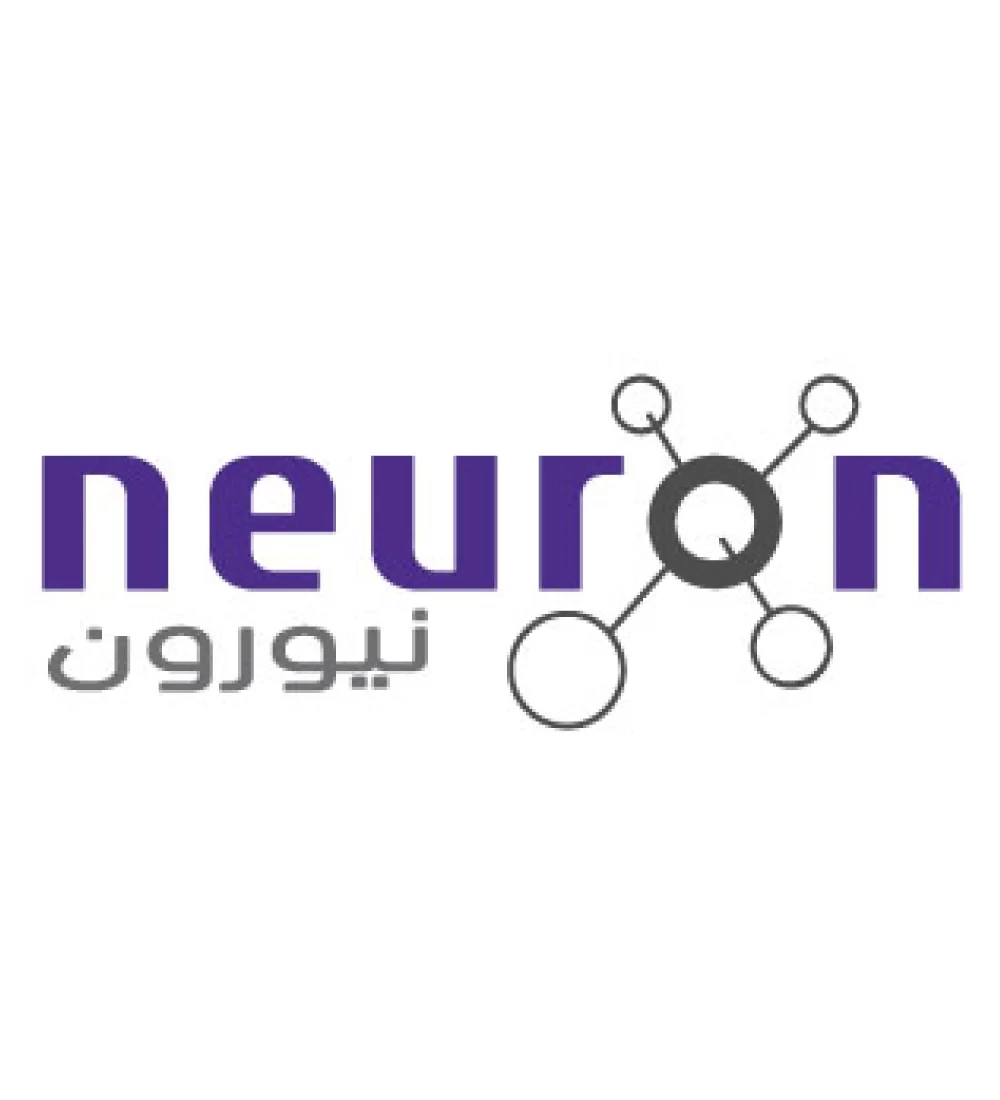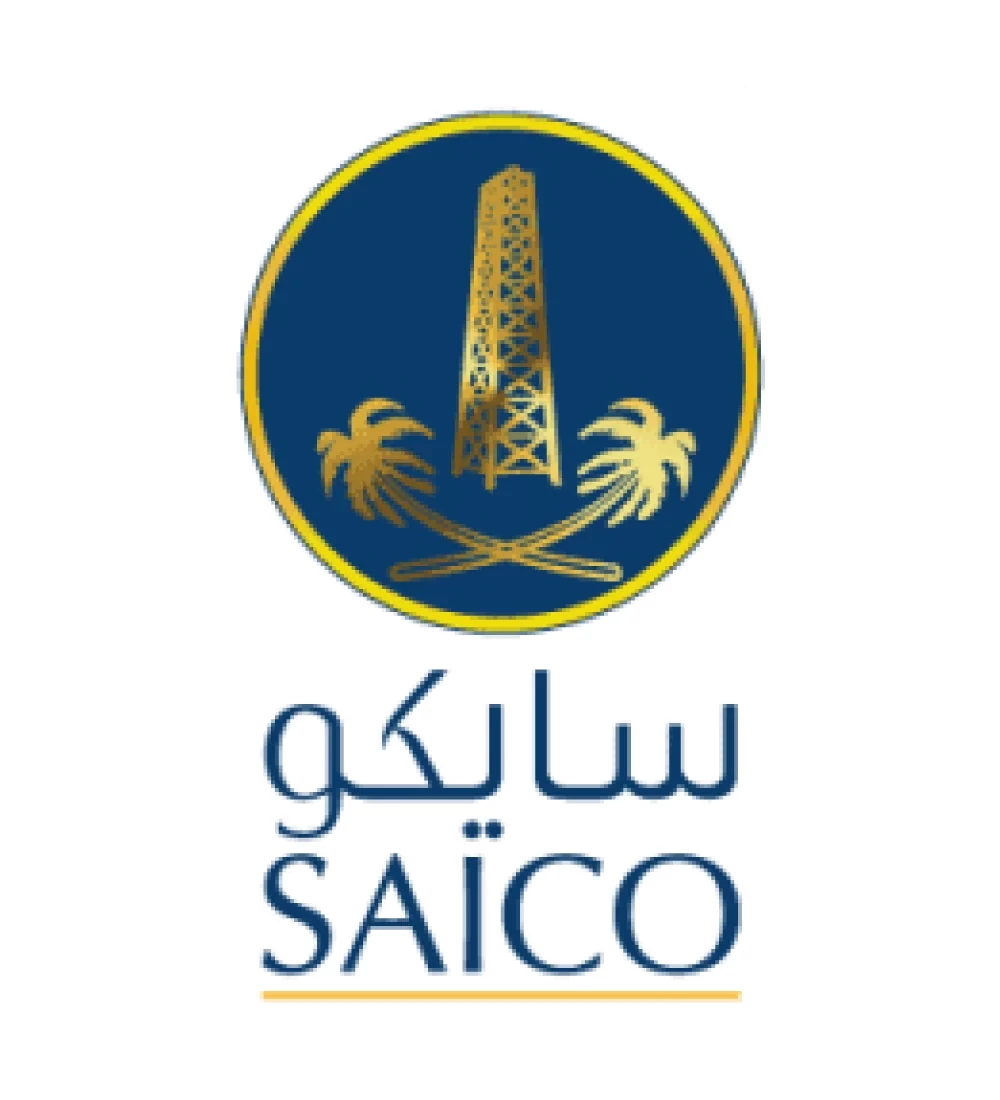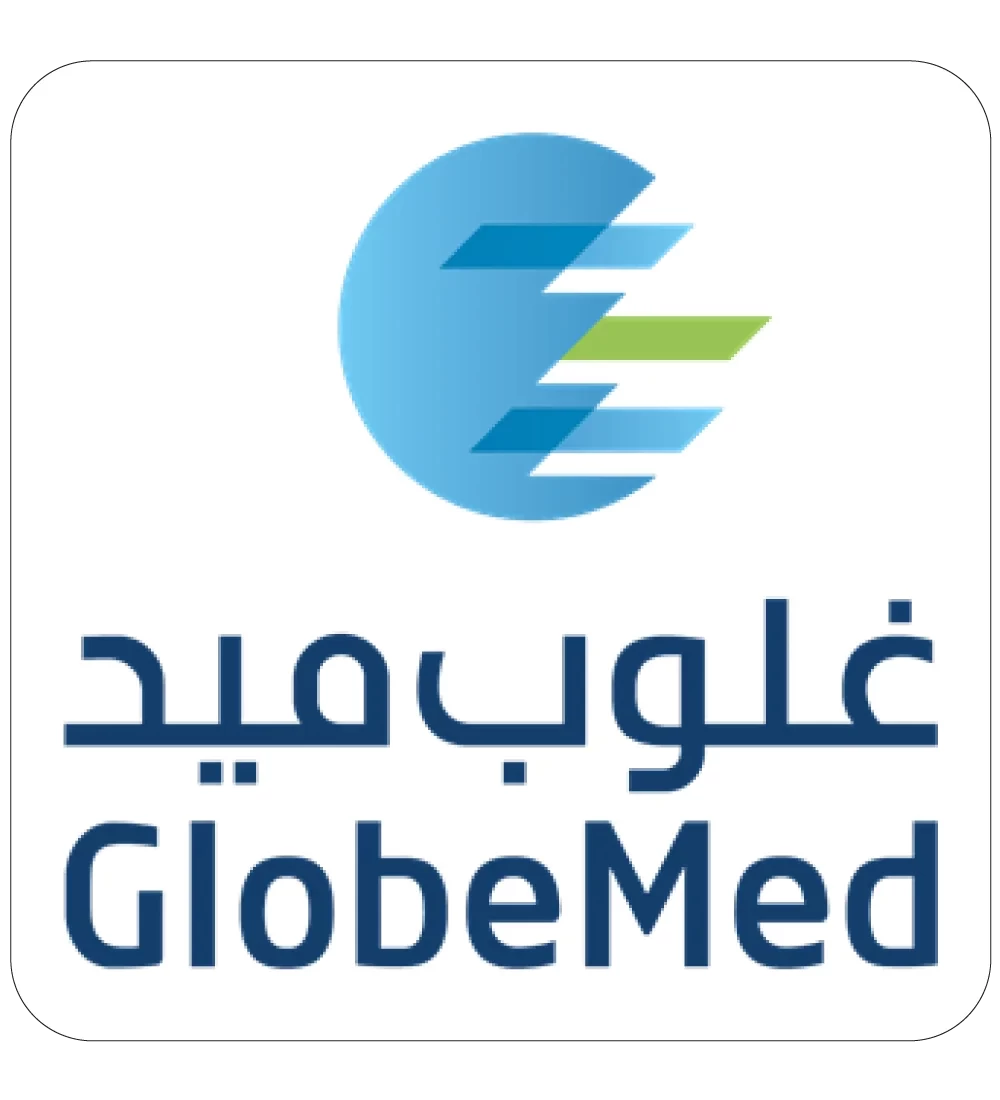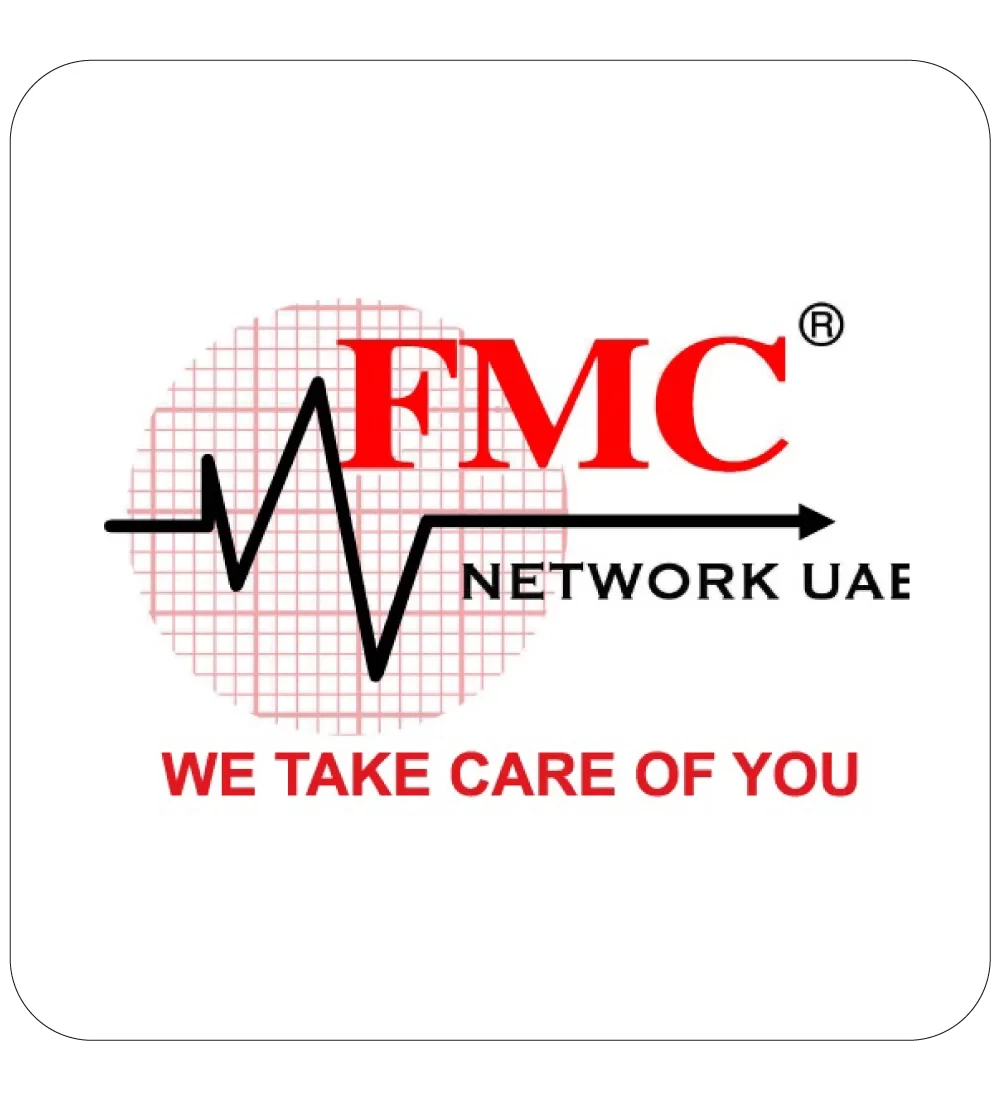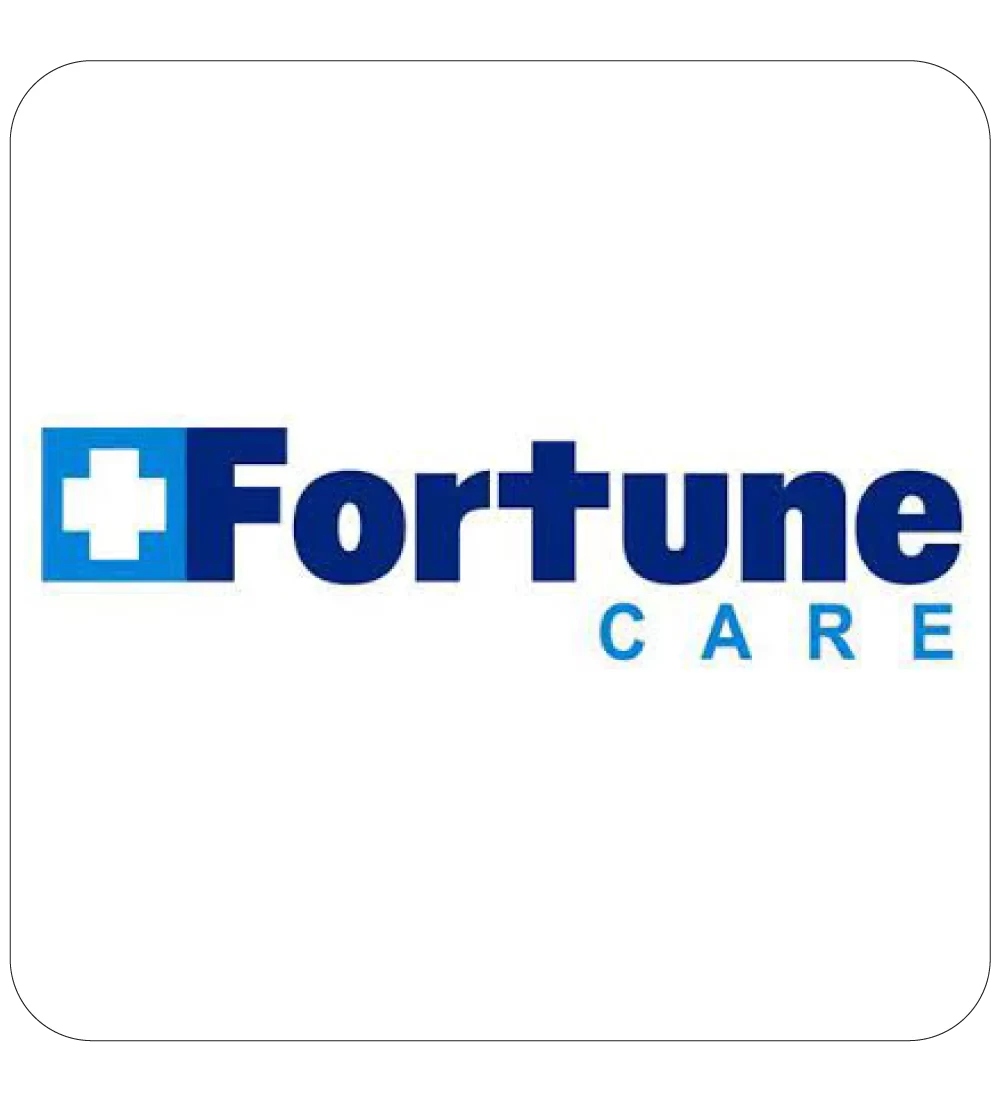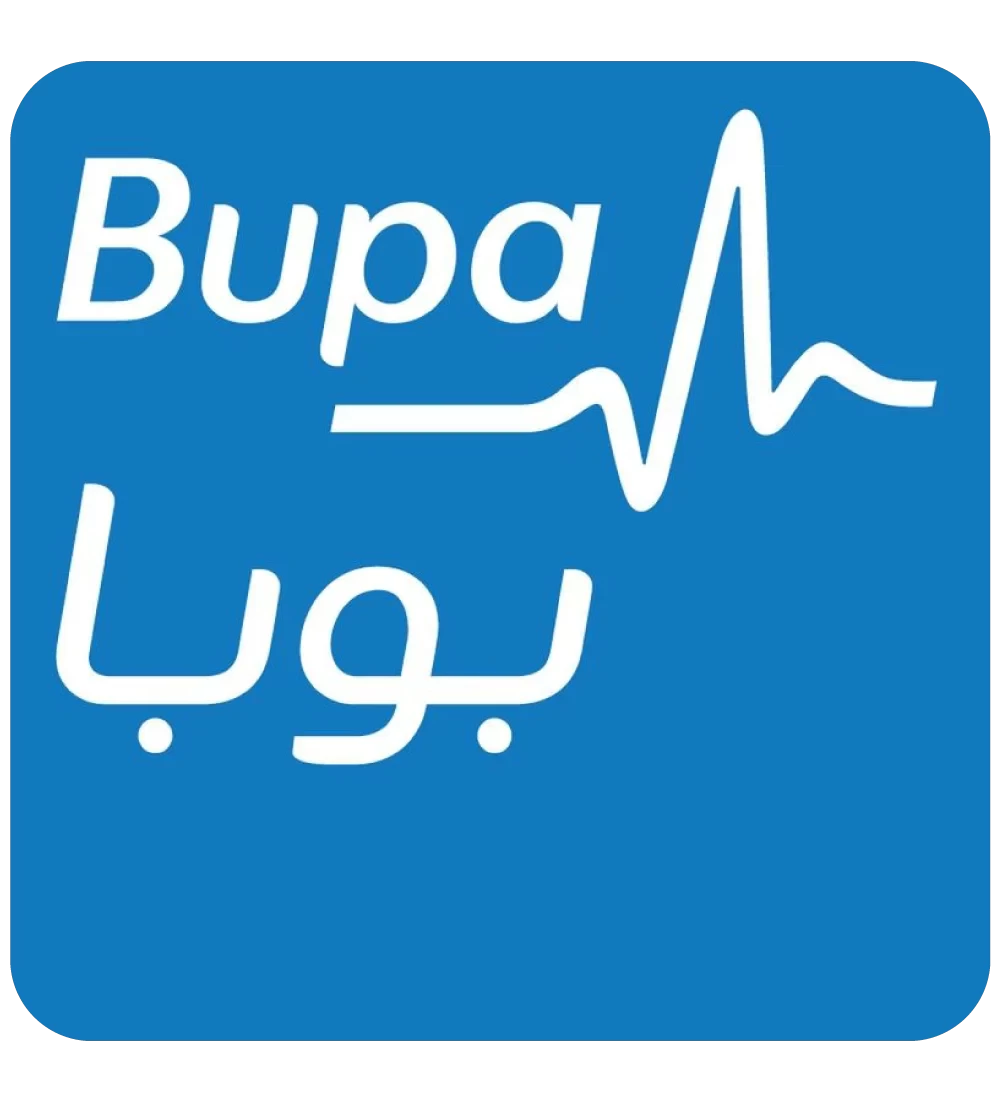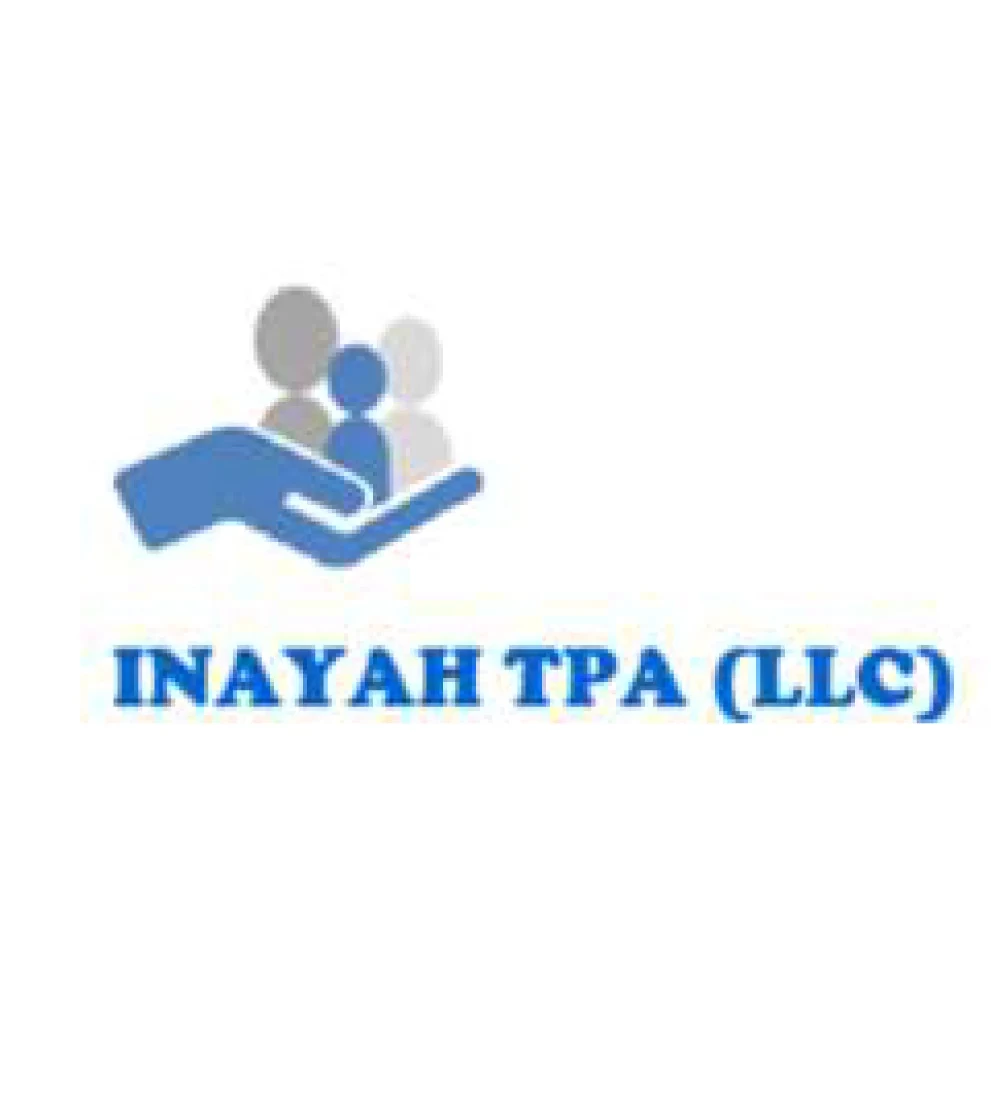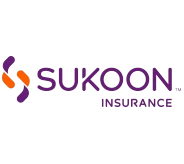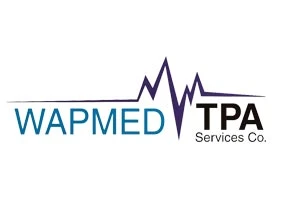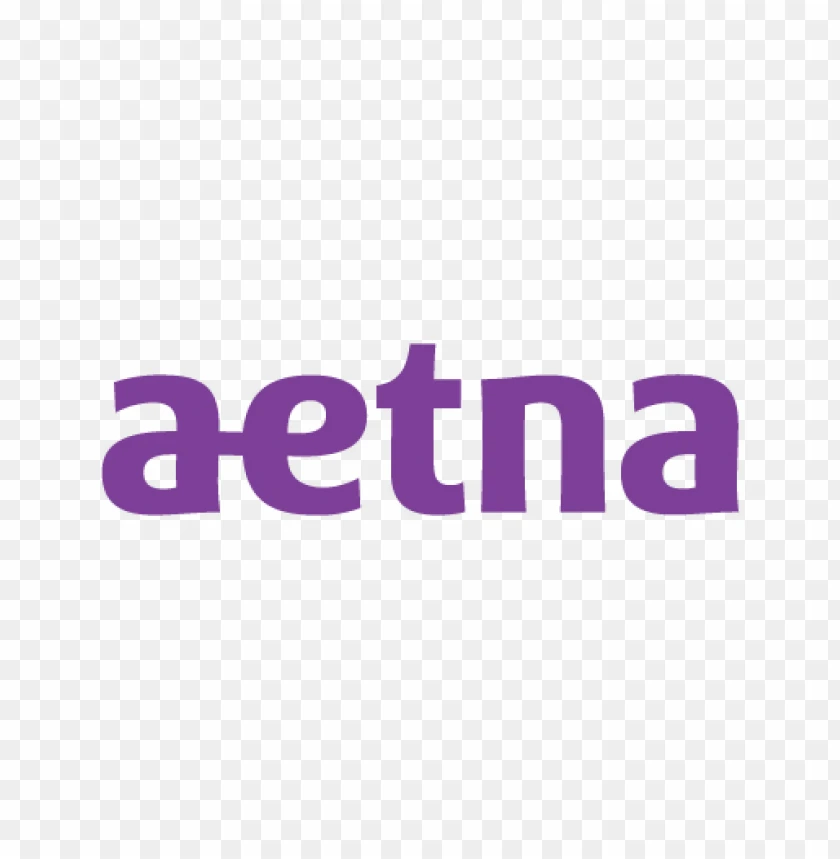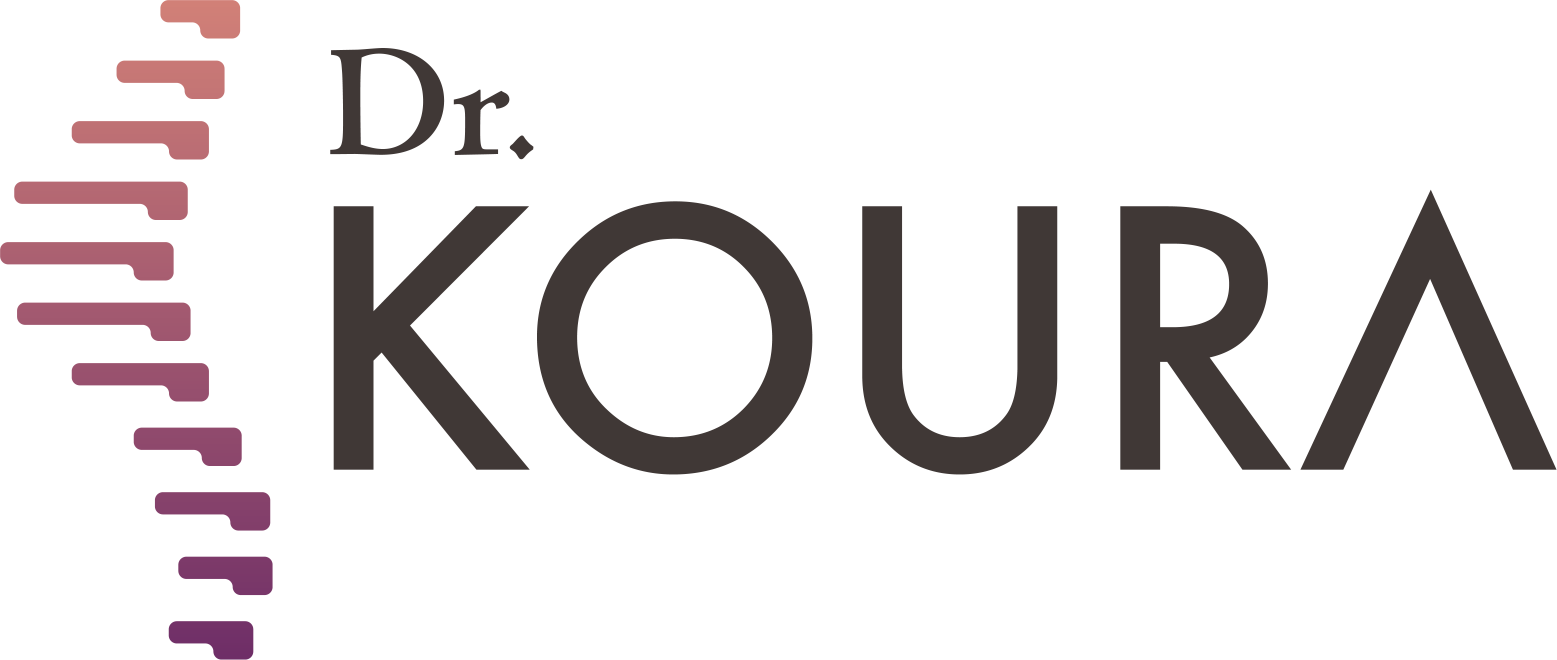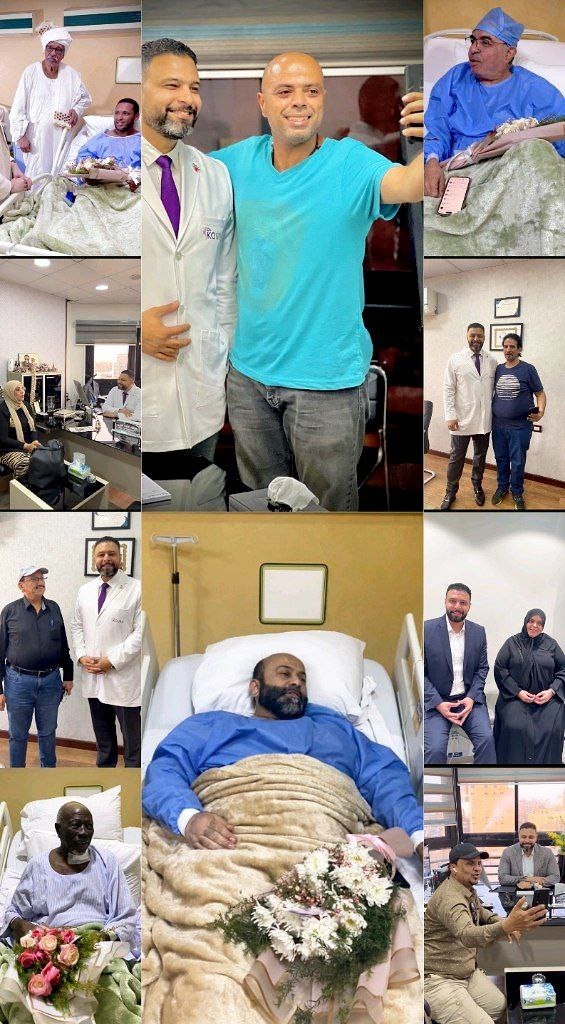
To see patients' reviews
Click hereDisc treatment with injections
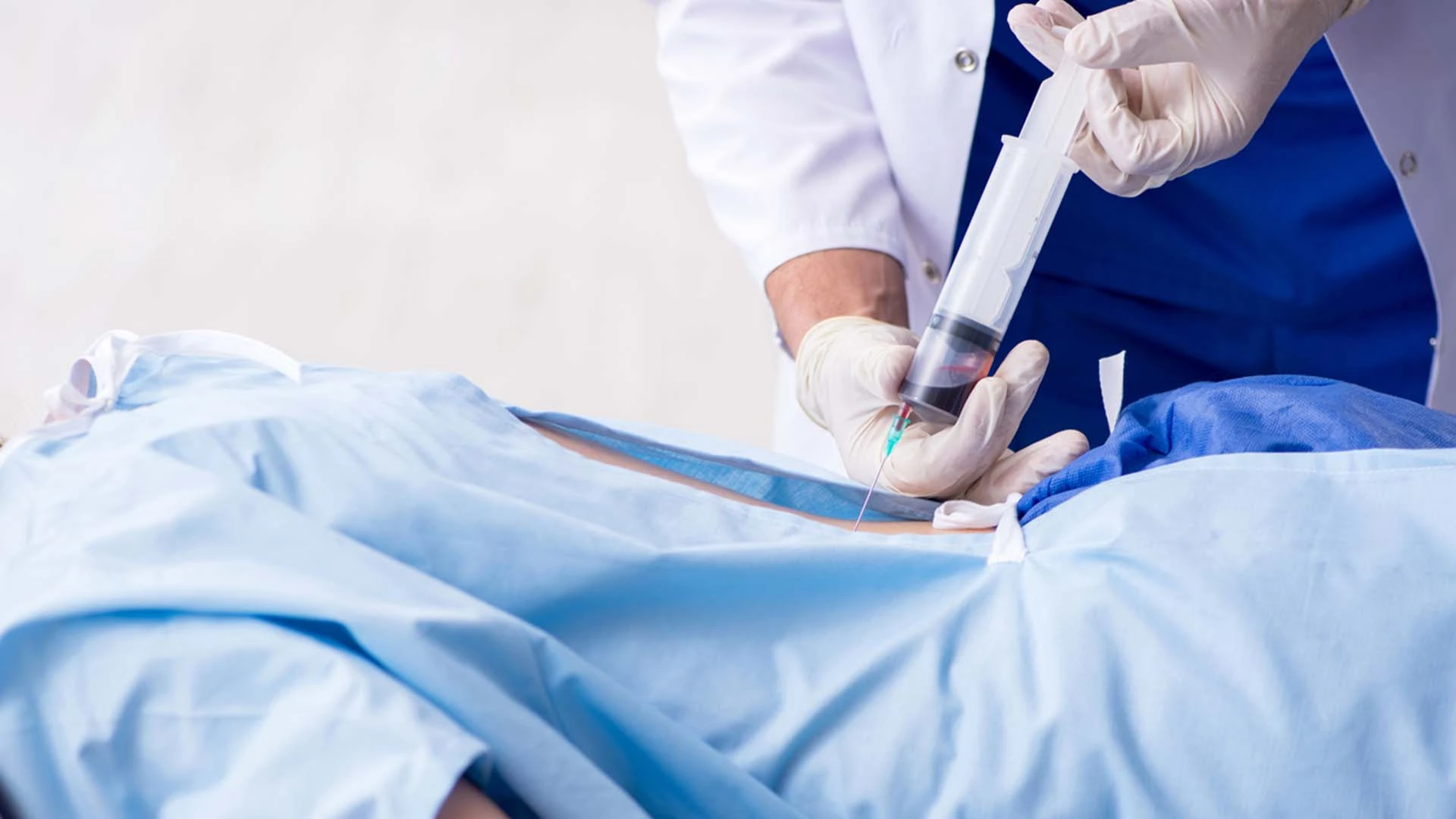

Injection Therapy for Herniated Disc
Injection therapy for a herniated disc is considered one of the modern and effective methods for treating this condition, which causes severe back pain. A herniated disc occurs when part of the disc moves from its normal position, putting pressure on the surrounding nerves and leading to inflammation and significant pain.
Injection treatment is a non-surgical option that helps reduce symptoms and improve quality of life by decreasing inflammation and nerve pressure, leading to complete recovery from a herniated disc. Dr. Mohamed Koura plays a significant role in this field, offering advanced diagnostic and treatment techniques without surgery. He is known as the best interventional pain specialist, thanks to his extensive experience and modern techniques in treating back pain causes with efficiency and effectiveness.
Causes of Herniated Disc in the Lower Back
A herniated disc is a common medical condition that usually occurs in the lower back due to a problem with the discs between the vertebrae, which act as cushions between the bones of the spine. These discs consist of a gel-like substance surrounded by a strong outer layer.
When a disc is exposed to excessive pressure or degeneration, the gel inside may slip out. This condition can occur due to improper physical activities like lifting heavy objects incorrectly or excessive strain on the spine. When the gel slips out of its normal place, it may press on the surrounding nerves, causing lower back pain.
This pain may be accompanied by other symptoms such as numbness or weakness in the lower limbs, with severity depending on the degree and location of the herniation. Early diagnosis and appropriate treatment can help relieve symptoms and improve quality of life.
Treatment Options for Herniated Disc
Treating a herniated disc involves several steps, starting with physical therapy and exercises to improve spinal health. If these measures are insufficient, muscle relaxants are used to ease spasms, antibiotics for infections, and painkillers for relief.
When these methods are not enough and severe pain persists, injection therapy becomes an effective solution. This includes injecting anti-inflammatory drugs into the nerve root or spinal joint using a special catheter, or using radiofrequency around the inflamed nerves to reduce pain or laser treatment to shrink the herniated disc and relieve pressure on the nerves.
One advantage of this procedure is that it is non-surgical, and patients can leave the hospital after just two hours and resume normal activities quickly. This treatment is suitable for patients who do not have muscle weakness but experience severe pain that does not respond to medication. Injections can lead to rapid improvement, with effects lasting from six months to three years, depending on the patient's condition and the degree of disc wear.
When are Injections Considered for Herniated Disc Treatment?
Injections are considered for treating a herniated disc when other treatments fail to provide relief or when symptoms are severe. Specifically, injections are used in the following cases:
-
Lack of response to traditional treatment: When initial treatments like physical therapy, muscle relaxants, and antibiotics do not alleviate symptoms, and pain persists or worsens.
-
Severe and persistent pain: When the patient experiences intense and ongoing pain in the lower back or limbs, which cannot be alleviated with painkillers or other medications.
-
Negative impact on quality of life: If the pain significantly affects the ability to perform daily activities and disrupts overall quality of life.
-
Precise diagnosis of herniation: When there is an accurate diagnosis showing inflammation or nerve compression in specific areas of the spine, injections can be an effective treatment.
In these cases, doctors use injections to reduce inflammation and relieve nerve pressure, helping alleviate pain and improve the ability to return to daily activities.
Success Rate of Herniated Disc Injection Therapy
The success rate of injection therapy for herniated discs is relatively high, especially when the treatment is applied appropriately. Success begins with a precise diagnosis of the herniated disc's symptoms, which include severe lower back pain, numbness, and muscle weakness.
Injection therapy aims to reduce disc inflammation and relieve nerve pressure. The treatment involves injecting anti-inflammatory medications into the nerve root, significantly improving symptoms and reducing pain.
The success rate of injection therapy for herniated discs ranges from 60% to 80%, with most patients experiencing significant symptom improvement. The effects can last for several months or even years, depending on the patient's condition and the degree of disc wear. Although injections are effective, they must be administered under the supervision of a specialized physician to ensure the best results.
Post-Injection Care for Herniated Disc
After injection therapy for a herniated disc, patients should follow essential guidelines to achieve full recovery and maximize the treatment's benefits. The best treatment for lumbar disc herniation is maintaining a healthy lifestyle and adhering to medical recommendations after the injection.
First, it is necessary to avoid strenuous physical activities that may put additional strain on the spine, as these could exacerbate pain or affect treatment outcomes. It is also recommended to practice light exercises prescribed by the doctor or physical therapist to strengthen the muscles supporting the spine and improve its flexibility.
Second, following a balanced diet that supports overall health, drinking adequate water, and avoiding foods that may cause inflammation in the body is advisable.
Third, patients should monitor any new symptoms that may arise and consult a doctor if they notice any unusual changes. The causes of back pain may vary, so it is essential to monitor the condition regularly.
By following these guidelines, patients can enhance their chances of fully recovering from a herniated disc and enjoying significant improvements in their quality of life.
Conclusion
Injection therapy for a herniated disc is an effective option that provides rapid pain relief and significant improvement in patients' overall condition. It is essential to follow post-treatment advice to ensure complete recovery and maximize the benefits of the treatment.
To achieve the best results in herniated disc treatment and effective pain management, Dr. Mohamed Koura is an excellent choice. As a pain management consultant, Dr. Koura has extensive experience in providing advanced and personalized medical solutions to improve quality of life. His attention to detail and commitment to modern techniques make him the ideal choice for comprehensive and effective medical care.
Dr. Mohamed Koura is here to assist you using the latest therapeutic techniques, including thermal radiofrequency and laser treatments for spinal pain without surgery—book your appointment now from here.
Why Choose Dr. Mohamed Koura ?
Simply because he is the best doctor in his feild. He stays updated on the latest treatment technologies through his participation in various international conferences with leading foreign doctors and experts. Finally, and most importantly, Dr. Mohamed Koura is the best doctor in Egypt and the Arab world, possessing 12 non-surgical techniques for treating spinal and joint problems. He was the first to introduce modern interventional treatment techniques in Egypt & the Middle East and is the only one using the disc fx technique to treat spinal pain.
To see patients' reviews
Click hereCertainly not, some cases must be treated surgically, and the most appropriate technique for the patient is determined through a medical examination and the presence of imaging studies.
No, it is necessary to make a reservation through a phone call or social media messages.
There are no risks or side effects associated with non-surgical pain interventions.
The patient needs only 3 to 4 days before they can travel comfortably, and the hospital stay does not exceed 6 to 8 hours.
A condition cannot be accurately assessed and a proper medical diagnosis made without a medical examination and recent imaging studies.
Yes, there are several payment methods available through Visa or electronic wallets by making a reservation on our website.
Certainly, obesity is one of the causes of knee osteoarthritis.
Radiofrequency activates the nerve and does not cause any damage to it.
Non-surgical interventions are a definitive treatment for some cases and pain relievers for other cases, which is determined by the doctor through a medical examination.
If the herniated disc is fully treated, there is a possibility of it reoccurring in some cases, such as not following the doctor's prescribed instructions after the intervention, experiencing an accident, or making a sudden wrong movement like lifting heavy objects.
The entire disc is not removed due to the presence of several risks and it may exacerbate the condition. Only the protruding part that causes pain is removed.
This cannot be done with radiofrequency, but it is performed through other techniques that Dr. Koura conducts.
The success or failure of non-surgical interventions cannot be judged through radiographic imaging because these procedures involve making subtle changes to critical parts to address the issue. Consequently, they do not produce significant changes to avoid potential complications in the future or damage to the spine and joints, which is our primary goal.
Spinal stenosis does not typically cause sciatica. In most cases, disc herniation is what may lead to sciatica. This does not necessarily mean that a patient with sciatica will also have spinal stenosis.
Sciatica may return if the patient does not adhere to the medical instructions provided by the doctor or in the event of an unexpected accident.
Lower back pain can result from several causes, including a herniated disc, nerve compression, muscle strain, or chronic spinal injuries. Lifestyle factors such as prolonged sitting, muscle weakness, and excess weight can also exacerbate the problem.
A life without pain without surgery
Once you book with Dr. Koura
Get rid of pain with just one call.. Book your appointment now with pain Management consultant Dr. Koura.
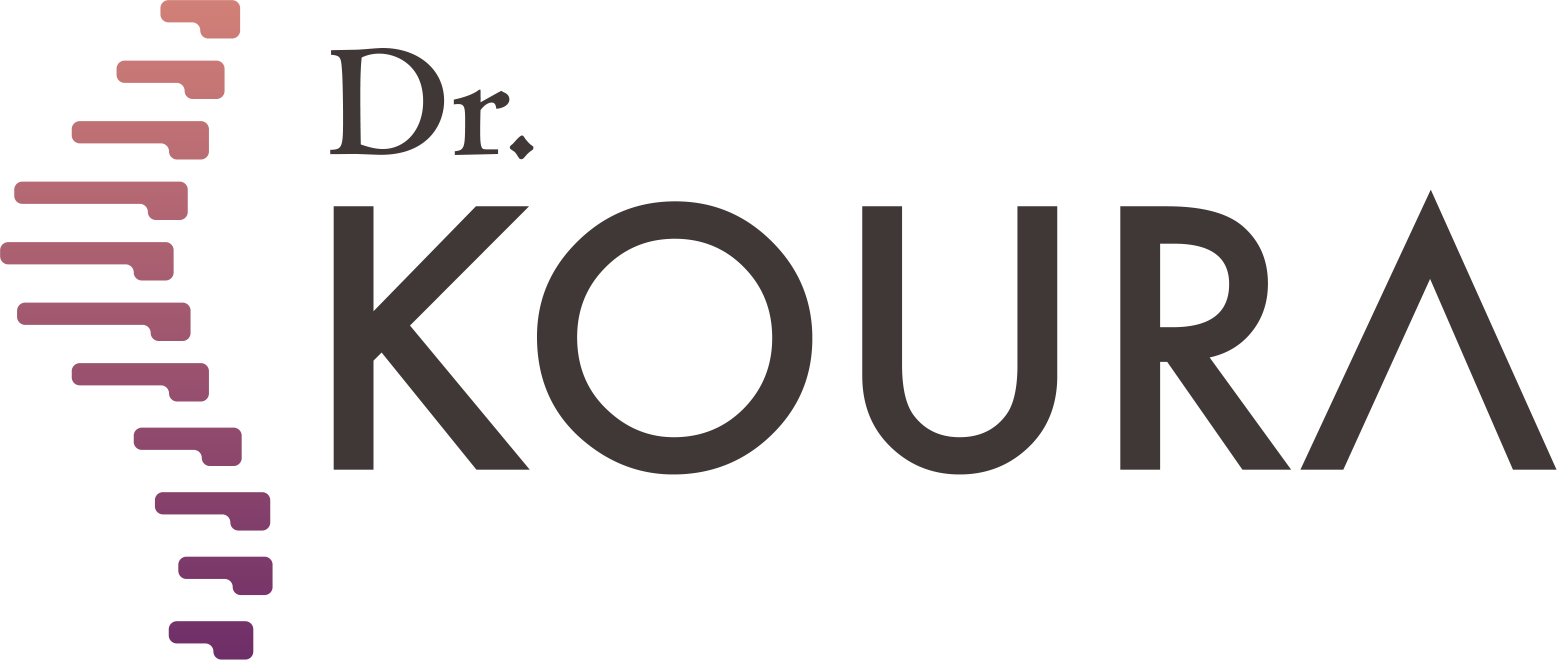

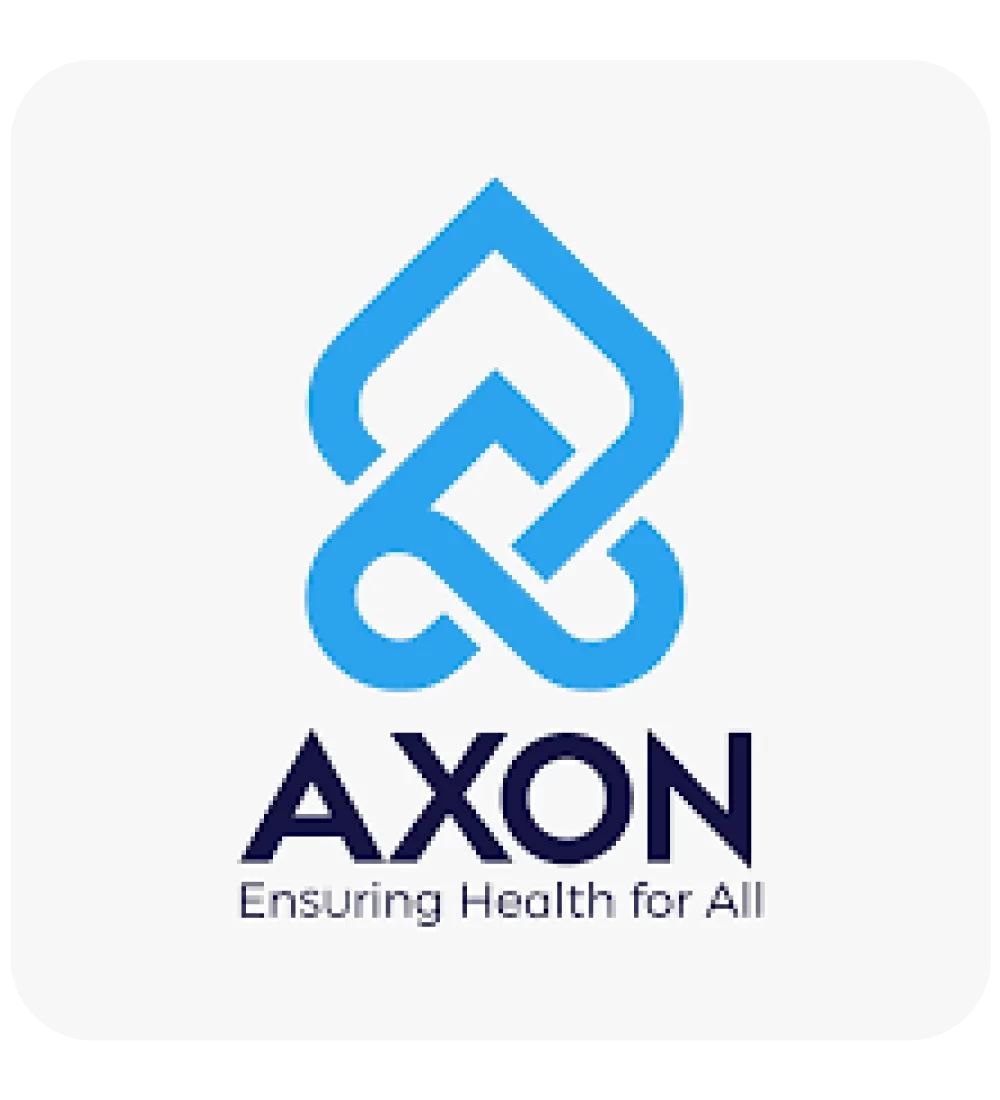



-webp.webp)

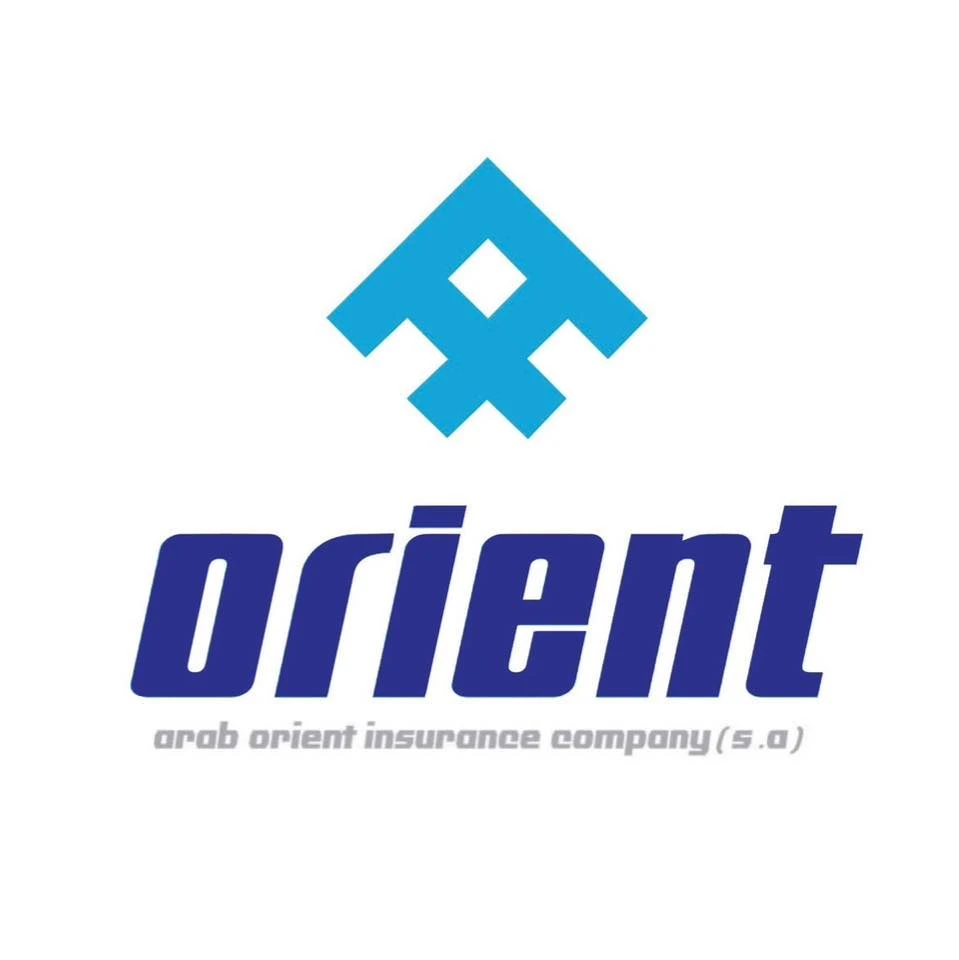


-webp.webp)







